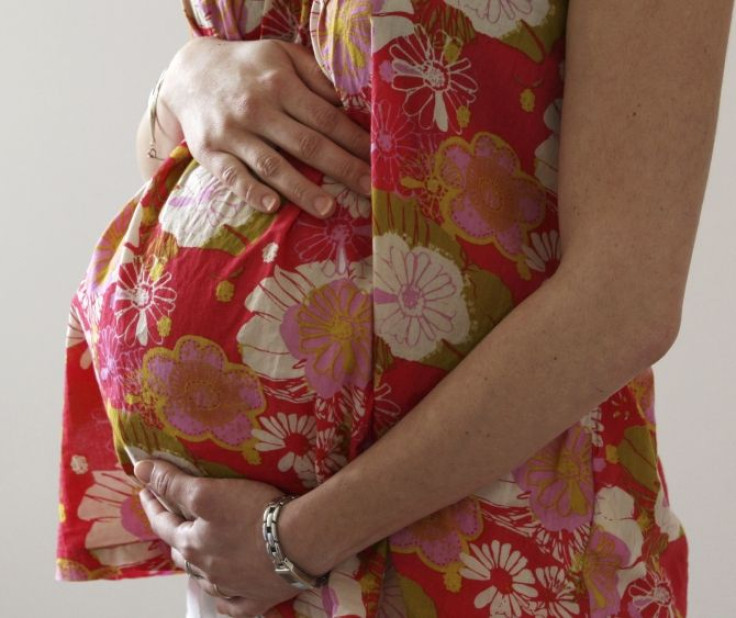Antipsychotic Drugs Tied to Diabetes in Pregnancy

NEW YORK (Reuters Health) - Women who take antipsychotic medications while pregnant may have an increased risk of developing diabetes, according to a new Swedish study.
Researchers found that out of 360,000 women who gave birth over a four-year span, about four percent of those on antipsychotic drugs developed gestational diabetes. Meanwhile, only 1.7 percent of women who weren't taking antipsychotics were diagnosed with pregnancy-related diabetes.
"It's a very important and difficult area to study, because severe mental disorders - such as schizophrenia and bipolar disorder - often require consistent medication even if a woman is pregnant. So it's very important for us to know all the possible adverse effects from the medications," said Dr. Robert Bodén, the study's lead author from Uppsala University in Sweden.
Bodén and his colleagues write in the Archives of General Psychiatry that they expected to see a link between the development of gestational diabetes and olanzapine - sold under the brand name Zyprexa - and clozapine - sold as Fazaclo or Clozaril.
Those two drugs are newer antipsychotics and have been linked to weight gain, high cholesterol and increased insulin resistance, according to the authors. "We thought (gestational diabetes risk) would be more exaggerated for those treated with the two (newer drugs) but we were surprised we saw it for all antipsychotics," said Bodén.
For their study, the researchers collected information from various databases on all women who gave birth in Sweden from mid-2005 through the end of 2009. Of those, 169 took olanzapine, clozapine or a combination of the two during pregnancy, 338 took other types of antipsychotics and 357,696 were not on any antipsychotic drugs.
Seven of the women on the newer antipsychotics and 15 on the older versions became diabetic during their pregnancies, compared to 5,970 women not on antipsychotics. That, the researchers say, works out to women on the medications being twice as likely to develop gestational diabetes.
The study, however, cannot prove the drugs caused gestational diabetes. It could be that women on antipsychotics have other traits that leave them more vulnerable to diabetes. Poor diet and lack of exercise, for example, have been tied to the condition.
Dr. Peter Manu, who has studied antipsychotics at the Zucker Hillside Hospital in Glen Oaks, New York, told Reuters Health the study also may not have tracked women for long enough to see a difference in diabetes risk between the newer and older medications.
"The message there is that - to some extent - even looking over a period of nine months may not give the entire story," said Manu, who was not involved with the new research.
NO LINK TO BABY SIZE
The researchers also looked at whether antipsychotic drugs were tied to differences in baby size at birth, because women with gestational diabetes may deliver bigger babies. But there was no clear link.
Bodén told Reuters Health his team did find that babies born to mothers on the newer antipsychotic drugs were more likely to have big heads. He said this is the first time that's been shown, however, and there needs to be more research into that finding.
As for what women with schizophrenia or bipolar disorder can do to limit their risk of gestational diabetes, Bodén said that varies patient to patient.
"You have to balance a lot of things," he said.
The approach, he said, depends on what medications women need, how long they've been pregnant and which medications are linked to pregnancy-related problems.
Published online July 2, 2012 in Archives of General Psychiatry.



























